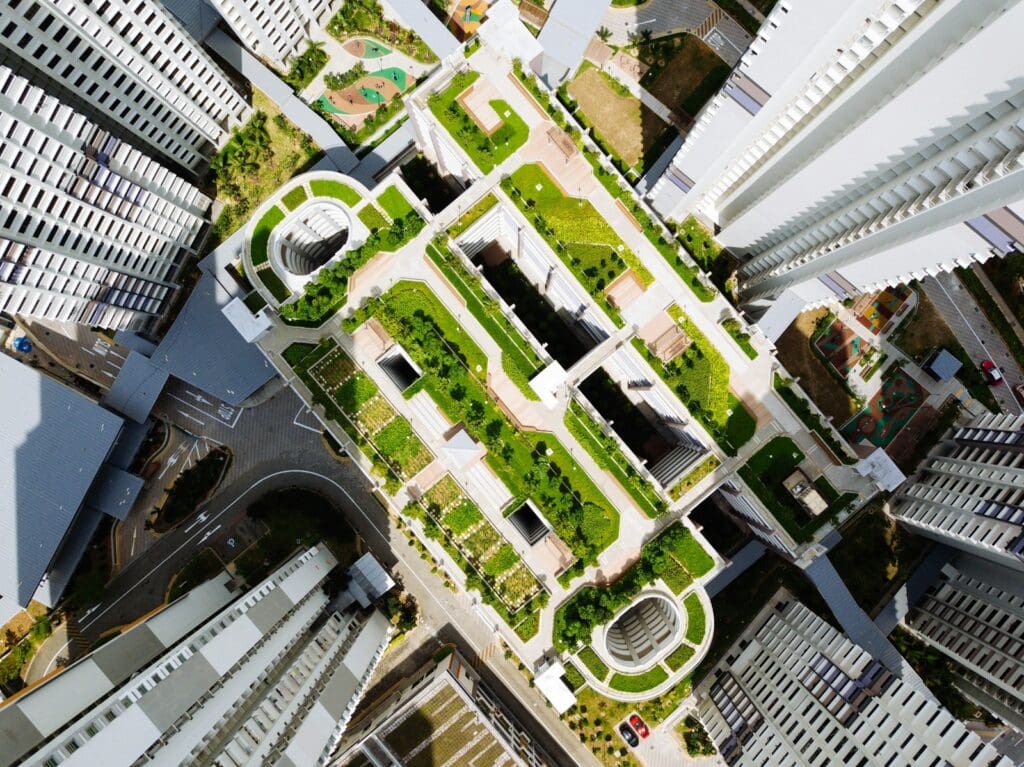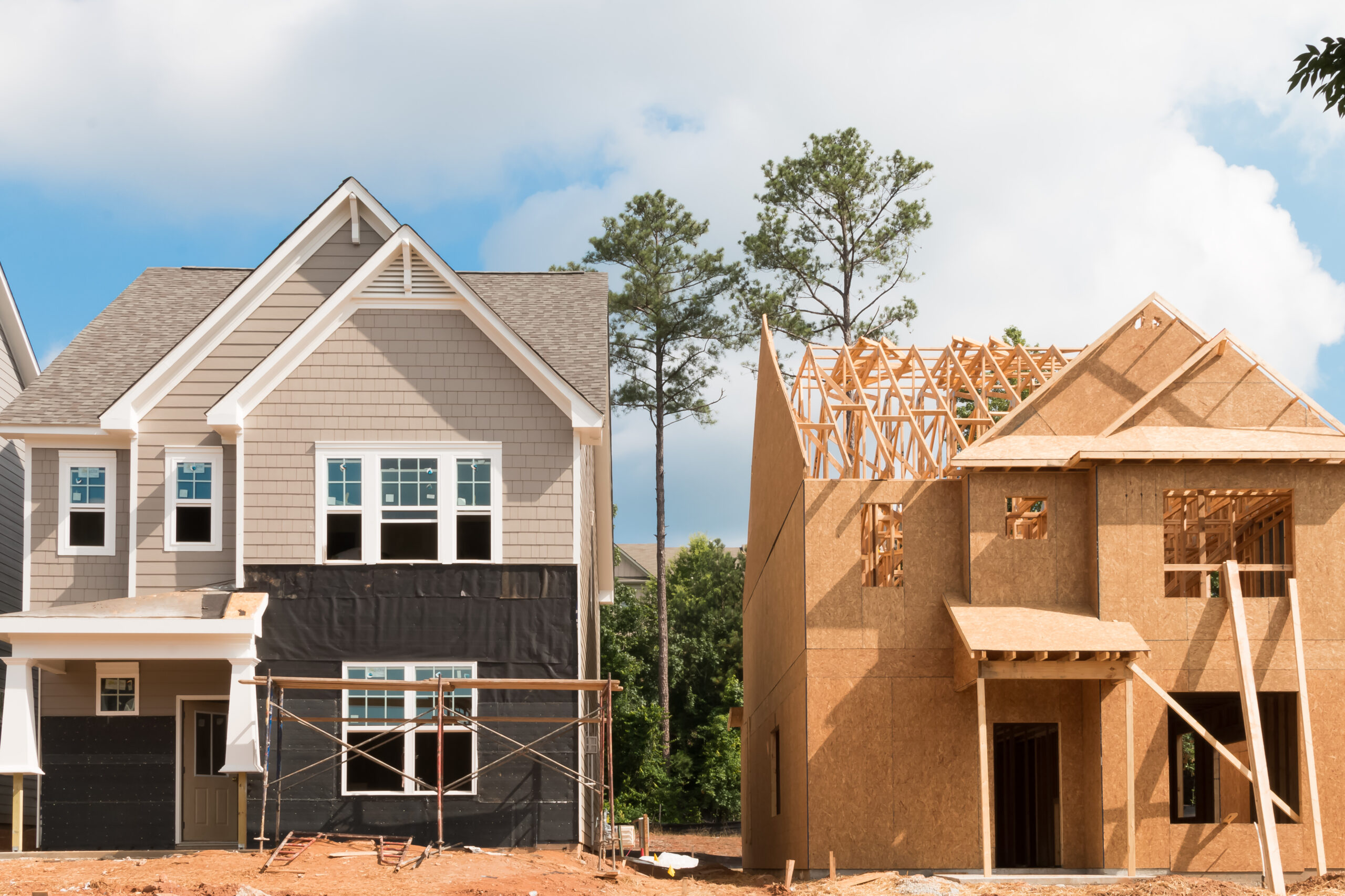Zero Carbon Building Certification
Developed by the Canada Green Building Council, the Zero Carbon Building Certification is a two-part program designed to assist buildings in achieving this certification and in maintaining it year over year based on design and performance.
According to the Council, “a zero-carbon building is a highly energy-efficient building that produces on-site, or procures, carbon-free renewable energy or high-quality carbon offsets to offset the annual carbon emissions associated with building materials and operations.” Not only is the design and development of the building considered, but the total impact of the project- from building materials and technology to jobs and business opportunities.
Vancouver’s Fire Hall No. 17, is the first fire hall in Canada to earn the Zero Carbon Building Certification based on the overall design. It is part of a 16-project program where select buildings from across the country receive support to optimize energy efficiency and reduce emissions.
What makes this fire hall stand out?
To achieve low-carbon and low-energy performance targets, design strategies include an optimized orientation to benefit from local climate conditions, an airtight envelope, efficient air and water heat recovery systems, and a low-carbon mechanical system that utilizes a geo-exchange field with ground source heat pumps.
When Fire Hall 17 is complete, it will “offer a 99.7 per cent reduction in operational carbon emissions compared to the existing Fire Hall 17.”
A Much-Needed Improvement?
While the cost of carbon ranges from province to province, those under the federal carbon tax, as outlined within the Greenhouse Gas Pollution Pricing Act, will be subject to rising costs. Currently, the federal tax is $20 per tonne, but it is expected to rise to $50 a tonne by 2022. With the increasing cost of carbon and the additional monitoring of purchased fuels, the Zero Carbon Building Certification has been proposed as a way to reduce future carbon costs despite the initial investment upfront. In addition to saving funds on the cost of carbon, additional improvements are being noted. Increased tenant satisfaction and lease rates are considered, but so is an increase in resiliency to changes in climate and rising energy costs.
We all have a social responsibility when it comes to reducing our impact on the climate. For some, it may be making small changes at home, while for others, it is looking at ways to improve upon new and current building projects and infrastructure. The Canada Green Building Council is doing incredible work by actively providing resources and support, which is evident through the Zero Carbon Building Certification.




